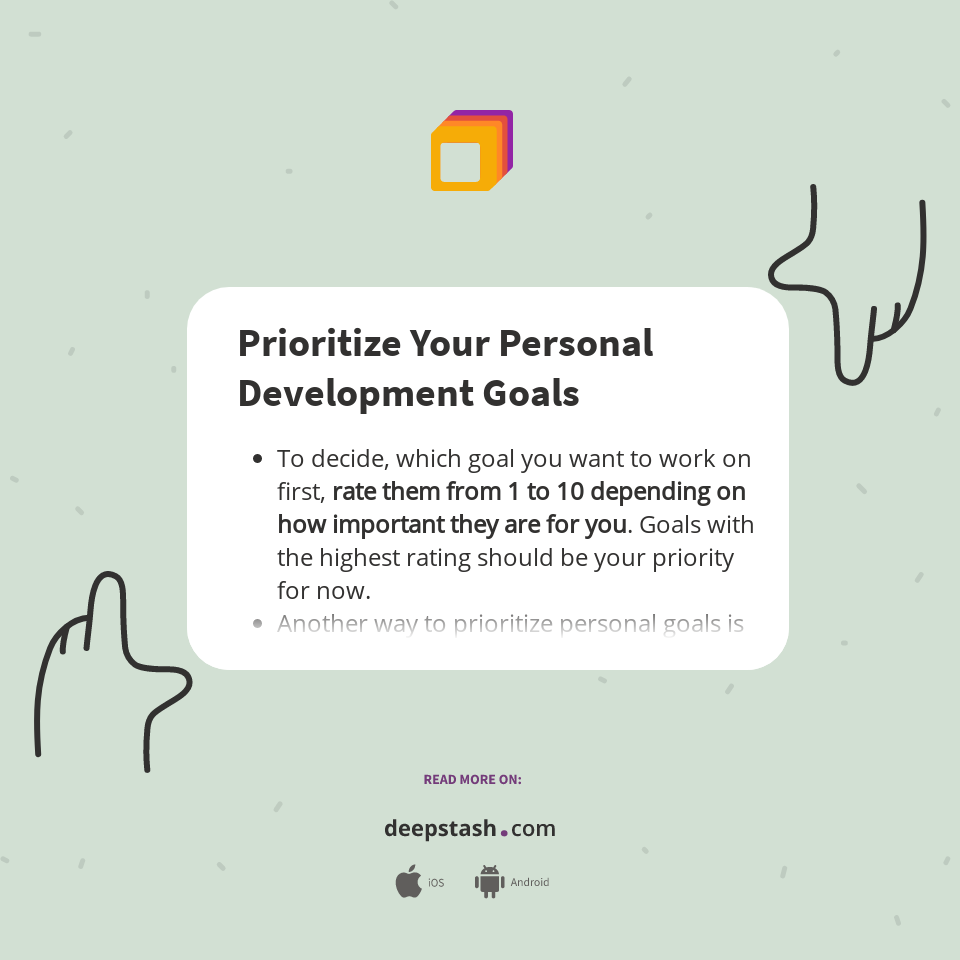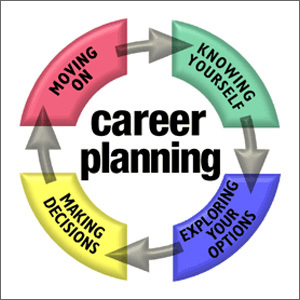
Be sure to address any career gaps in your cover letter when you are writing your career change letter. You can be honest about your reasons for being unemployed but not too detailed. Instead, describe how you've stayed current professionally during your time off. This information can be used as a way to impress your potential employer. Find activities you can take part in to develop your skills and keep your profile relevant.
Highlight transferable skills
You must highlight your transferable abilities when writing a letter about a career shift. To find out which skills can be transferred, read over the job description and decide which ones are most relevant to the position. You should think of how you could use these skills in a new position, but you shouldn't be arrogant.
If you have been promoted multiple times, it is necessary that you have developed new skills directly relevant to the job for which you are applying. These skills might be hard to list in a resume but they are vital to highlight. Look through the job description, and find keywords and examples that show your skills. These skills should be highlighted in your cover letter. It is possible to include transferable skills in your resume.

Transition to a new job: Explain
A cover letter for career changes should be researched thoroughly. Make sure you understand the role and how your skills are transferable. In concrete examples, highlight your abilities and experience. Even if your past achievements aren't directly relevant to the current position, highlight them. Write a cover letter to change careers if you have new passions and talents.
Start your cover letter with a strong introduction. The objective of your career change cover letter should sum up your goals and experience. Use bold language to express your desire for a new career. You should highlight your main motivations for switching careers, and then discuss how you can make a difference at the new employer. In this way, the reader will be able to see how your previous experience has prepared you for your current position.
Tell recruiters about previous accomplishments
Your resume should highlight your past successes, but the way you present those achievements is crucial. You should choose positions that are similar to your current skills, and provide concrete examples to demonstrate your abilities. You should highlight any previous achievements, even if the job title is new. You should include both your soft and hard skills in order to be successful. Make sure to carefully read the job description in order to identify the skills that are most relevant to your job.
Your past accomplishments should be included in your cover letters. You might be able to manage a team, hit sales targets, or complete high-profile projects. This will help you stand apart from other candidates by incorporating these examples in your cover letters. A sample cover letter for career transitions can be used as a template and you can adapt it to reflect your personal experiences. You should not copy the cover letter exactly.

Highlight unique background
Make sure you highlight your unique background and qualifications when applying to a job. It is possible that you have unique skills or perspectives that are relevant to the job. These attributes should be highlighted in your cover letter. Make sure to be specific about what interests you, such as following the company on LinkedIn, or reading the latest press release. Your cover letter should explain why you are interested working for this company.